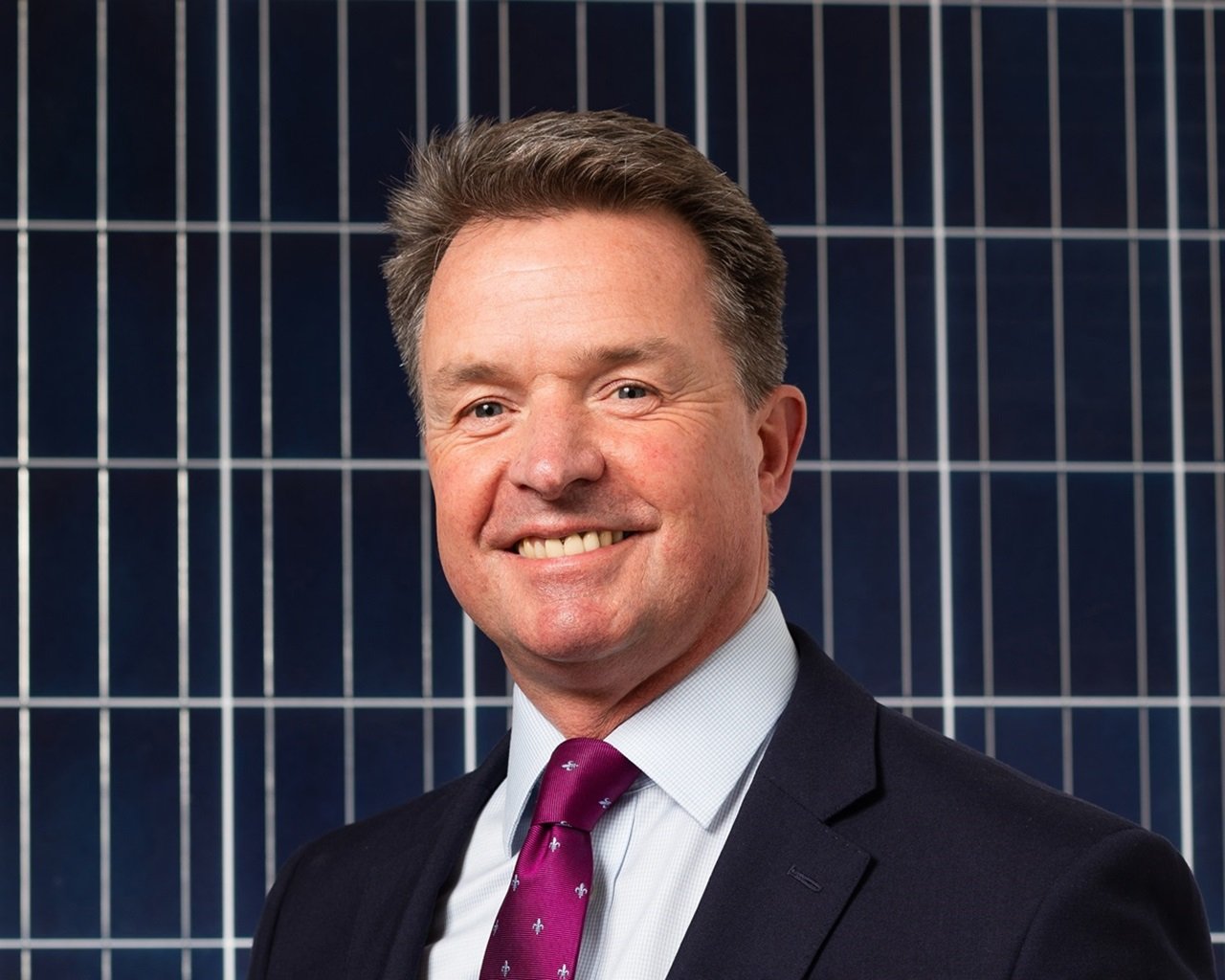What makes 5G so special?
5G enables next-generation user experiences, supports new deployment models, and delivers new services.
With Everest base camp now gaining 5G coverage - we can now recognise that 5G is on the world stage and its stock is high. There is a lot of talk about the benefits of 5G for economic growth and it being a key enabler for Scotland’s digital transformation. These conversations are now taking place at local and regional level as businesses are keen to learn exactly how 5G could supercharge their productivity.
5G was designed to provide more connectivity than was ever available before. However, it is not just about the availability of the technology, it's about how we use it. 5G enables next-generation user experiences, supports new deployment models, and delivers new services. For many, 5G is still considered an enriched consumer offering but that is not where the real value lies.
With its lightning-fast connections, massive capacity, super reliability, and next to zero downtime or lag, 5G will expand the mobile ecosystem into new realms. It has the capability to impact everyone and every industry - be it making safer transportation, remote healthcare, precision agriculture, immersive education, and tourism, and so much more.
But for me, the key enabler of the technology lies behind the instant, real time responses. That currency has the capability to transform our working practices and procedures in all sectors. When you look at the Internet of Things, robotics, even artificial intelligence, and augmented reality, having wireless technology with negligible latency is a game changer.
That could be deploying a dedicated 5G network and implementing autonomous guided vehicles and autonomous mobile robots within manufacturing to speed up the supply of parts to workers, prevent downtime and maximise factory efficiency. Or it could be from using sensors and real-time monitoring within the health and social care sector, to make more informed health and wellbeing decisions and allow patients to become engaged and involved in delivery of their own health care.
Businesses need to look at the big picture of endless opportunities. It is a fundamental shift away from looking at the cost reduction for a single use case and instead, evolving the entire operating model of a business to become an economic driver based on several inputs and benefits.
Through the Scotland 5G Centre we will co-develop solutions that demonstrate practical applications and benefits of use cases to help businesses understand how the technology can be applied within their sector. We will examine horizontal innovation, enabling the transfer of techniques and applications from one sector to another – for example we are currently taking skills from the gaming sector and applying them to support patients living with dementia.
Scotland also faces the challenge of becoming carbon neutral by 2050. This is a monumental task, however, one that we need to meet. Research conducted by the GSMA with the Carbon Trust in 2019 found out that, while the mobile industry is currently responsible for around 0.4 per cent of carbon emissions globally, it enables carbon reductions in other sectors that are 10 times larger, equivalent to approximately four per cent of global emissions. 5G technology has the power to change behaviour, and innovation through 5G can change and influence outcomes.
5G is here to stay and it is very special. It brings vast opportunities, the potential to deliver immense benefits and to profoundly change the way we provide services, create products, and live our lives in the future.
The Scotland 5G Centre will be delivering a virtual event on 29 June where an expert panel will look at the potential of 5G, the possibilities it can bring and outlines how SMEs can scale up and test using dedicated 5G private networks. Find out more at https://scotland5gcentre.org/allevents/what-makes-5g-so-special/
Paul Coffey is Chief Executive Officer for the Scotland 5G Centre







